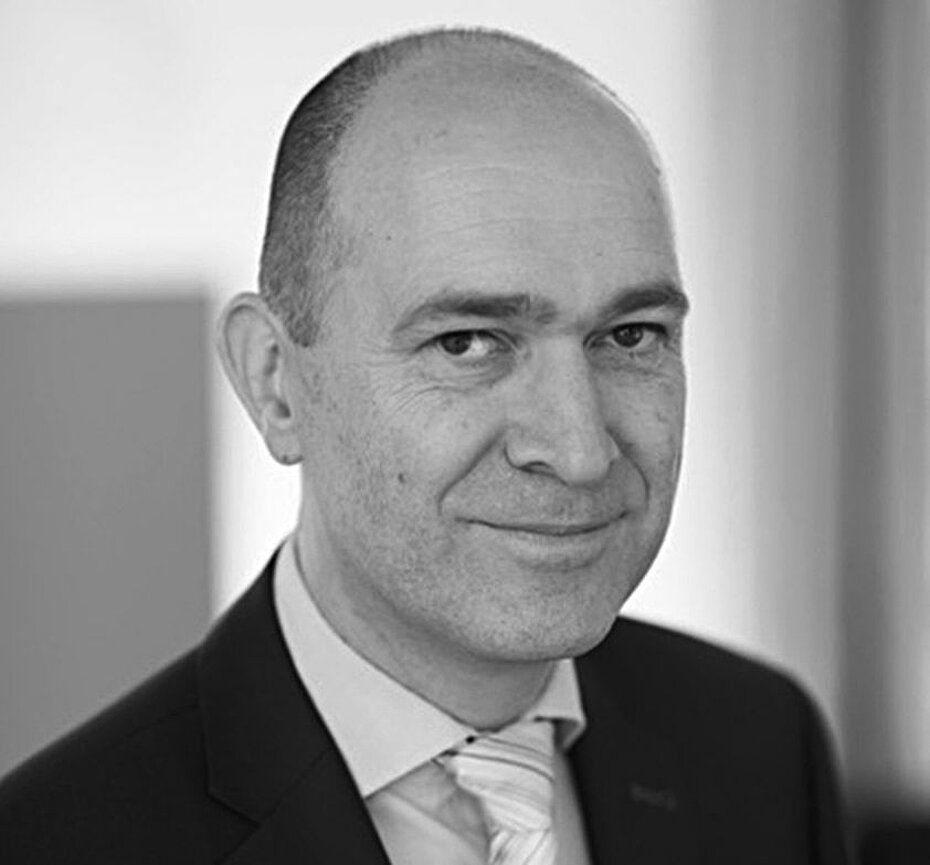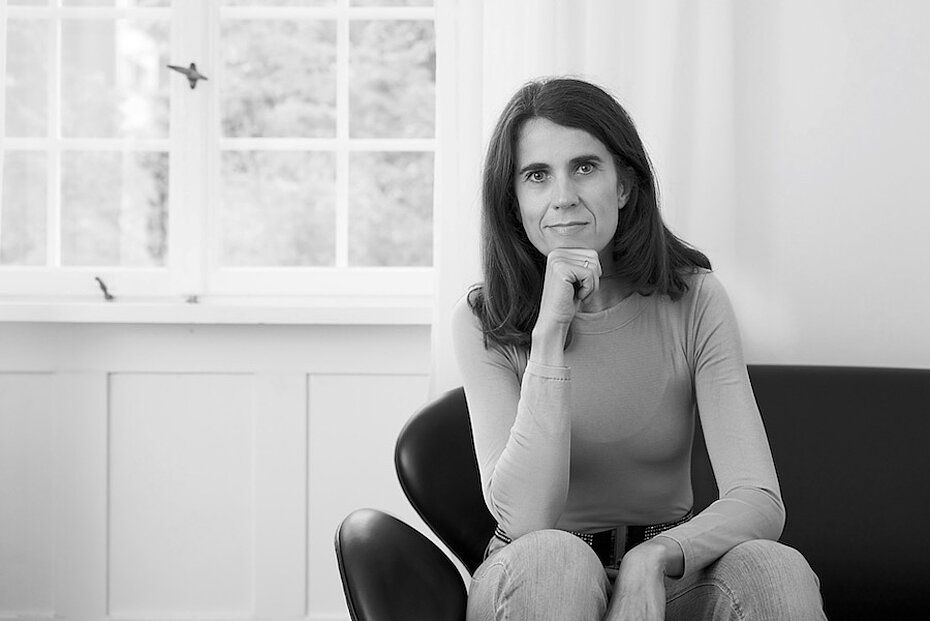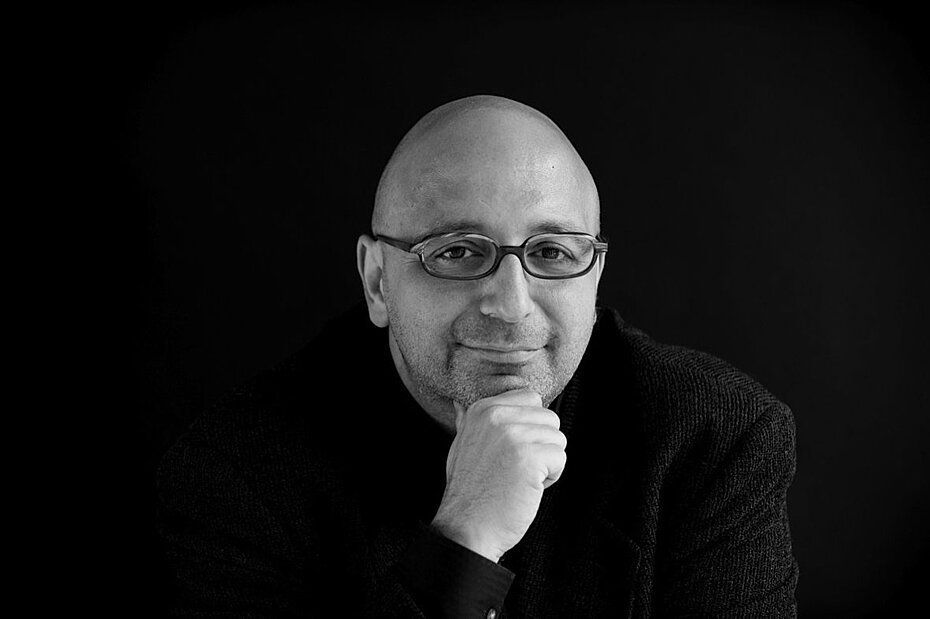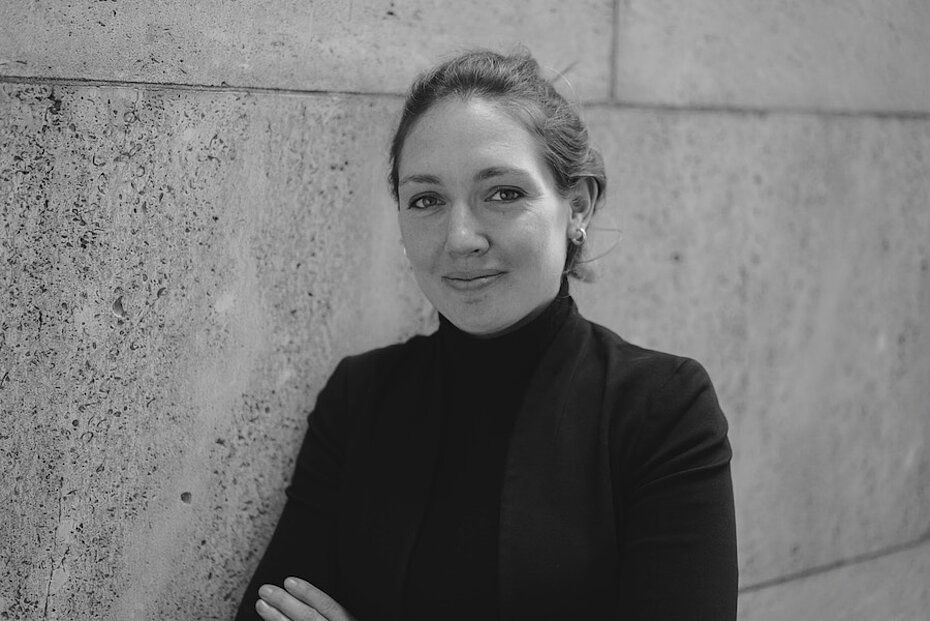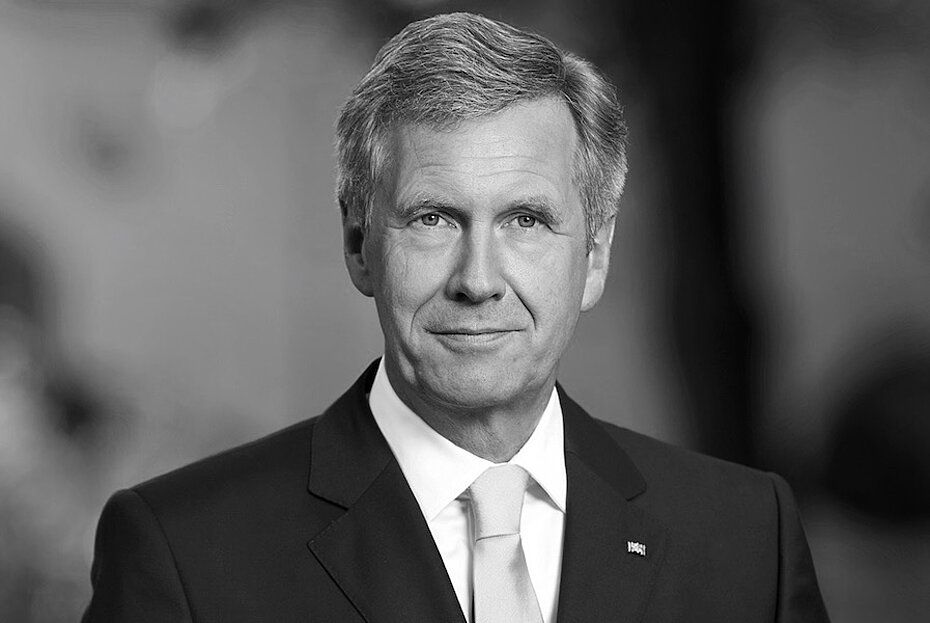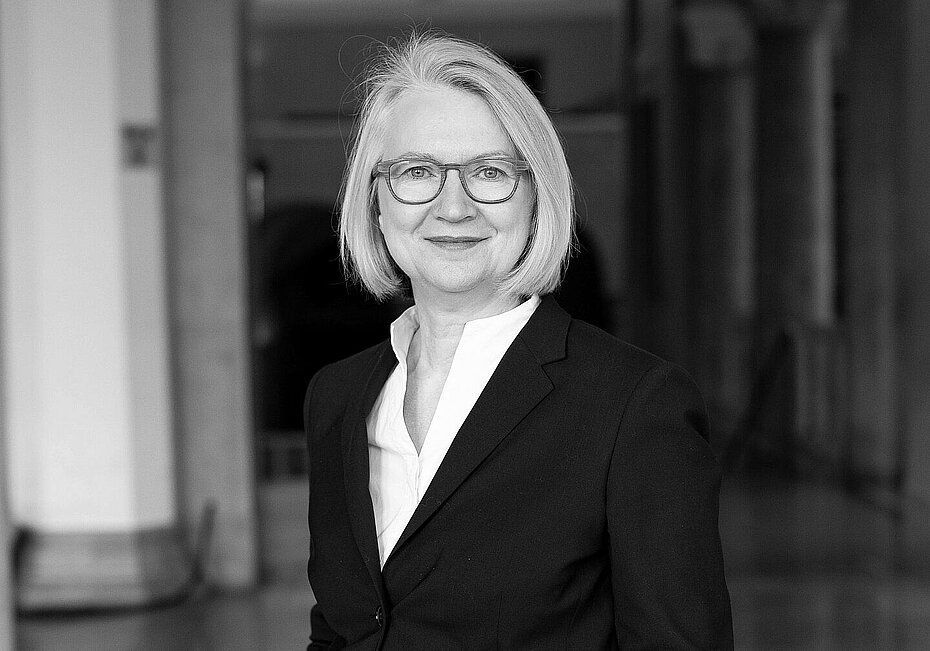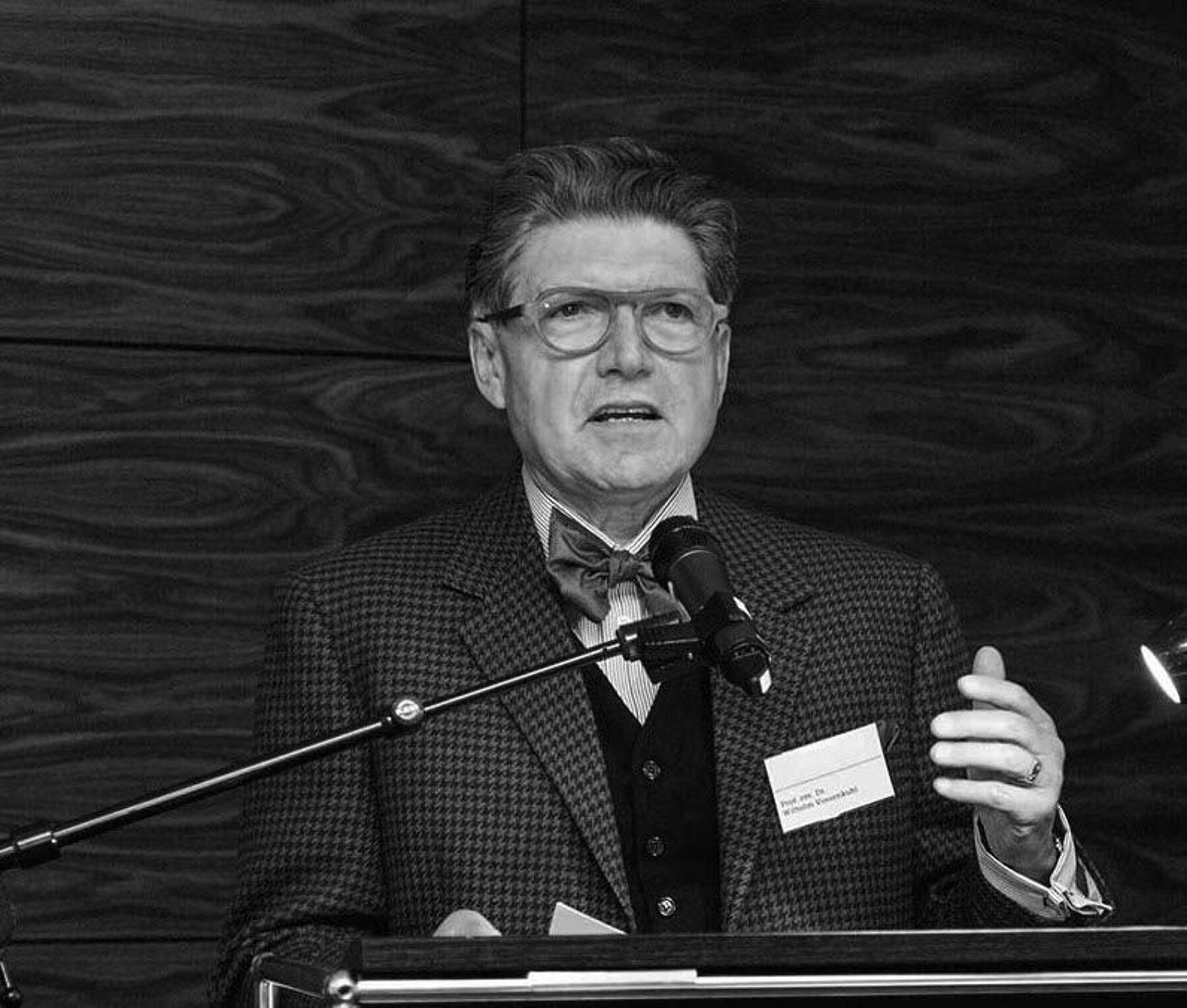Winter Semester 2022/23
Korbinians Kolleg
2022/2023
We live in a time of crisis. It is also a time of crisis talk. It is therefore important to be clear about what crises are. They are not states, but dynamic processes. Such processes are mostly triggered by states that have slowly or suddenly become unstable. Wars are such processes. They are crises as long as they are not over, and when they are over they are no longer crises but almost certainly trigger other crises. Crises are processes that arise from asymmetries. Something is out of kilter, health policy due to Corona, the purchasing power of the euro due to the new inflation, the labor market due to falling demand or delivery problems, domestic politics due to refugee movements and migration. It is difficult or even impossible to predict what will happen at the end of such crises. It is so with everything in the future.
However, since it is a matter of overcoming and ending crises in politics, business, health care, culture and in all other areas of life, recipes are advertised and forecasts dared. Some of this is based on solid analysis, some is not. If crisis recipes and forecasts about how to deal with crises serve daily political purposes or personal awareness, then it is talk of a crisis. It is difficult for many people to distinguish one from the other.
In the winter semester 2022/23, the Korbinians Kolleg is examining some, but by no means all, current crises. It is not only political, social and economic, not only collective, but also personal crises that can afflict us as individuals, which we ourselves trigger through our behavior or which overwhelm us through no fault of our own. None of the collective crises leave us alone individually. That is one motive, but not the only one, for the topic 'crisis' this winter semester.
Korbinians Kolleg
We live in a time of crisis.
Events 2022/23
-
21. Oktober 2022
Financial crisis, migration crisis, pandemic crisis, peace crisis, economic crisis, climate crisis - apparently we can't get any rest. But what is a crisis anyway? If we think historically, people have already shown very different forms of crisis awareness.
-
Dr. med. Heike Melzer
Als Neurologin und Psychotherapeutin sieht Frau Dr. Melzer tagtäglich in ihrer Praxis die Auswirkungen einer zunehmenden globalen, gesellschaftlichen und individuellen Triebenthebung. Sie zeigen sich in Form von zwanghaften und süchtigen Verhaltensweisen, Verrohung, Angst und einer zunehmenden Halt- und Maßlosigkeit, vor allen in den Bereichen Se-xualität, Ernährung, Konsum und Unterhaltung.
-
November 18, 2022
As a neurologist and psychotherapist, Dr. Every day in her practice, Melzer examines the effects of increasing global, social and individual drive elimination. They show themselves in the form of compulsive and addictive behavior, brutalization, fear and an increasing lack of stability and excess, especially in the areas of sexuality, nutrition, consumption and entertainment.
-
December 2, 2022
The present time is not only characterized by various crises. Rather, these crises merge into one another and merge into a general crisis situation - from financial and migration to democracy, pandemic, energy and war crises.
-
January 13, 2023
The state plays a special role in economic crises. As the only one involved, he can cushion existential risks, keep companies alive, shape international trade relations at the political level and change the rules of the market with regulatory law.
-
Christian Wulff
One of the essential characteristics of democracy is that you can choose, you can win and you can lose. I don't want to overdo it, they all want to go home, but I've actually always learned more from defeats than from victories.
-
February 10, 2023
One of the essential characteristics of democracy is that you can choose, you can win and you can lose. I don't want to overdo it, they all want to go home, but I've actually always learned more from defeats than from victories.
-
March 24, 2023
After the pandemic, the energy crisis presented Germany with the next major challenge. Inflation has risen to its highest level since the 1950s. How long will inflation last? Has the state taken the right measures to help?
Academic Curator Prof
PROF. DR. WILHELM VOSSENKUHL
About Friendship
Surely, we could not have launched Korbinians Kolleg if we had not become friends. The meaning of 'friendship' has become dubious and devalued with social media. Friends on the internet are acquaintances without obligations. Anyone and everyone can become a kind of 'friend' with anyone and everyone around the globe. It's quick, like everything that is superficial and commits to nothing.
Timeline
From 5.30 pm | Admission and Get-Together
6.30 pm -6.40 pm | Welcome by Korbinian Kohler
6.40 pm – 7 pm | Introduction by Prof. Dr. Wilhelm Vossenkuhl
7 pm – 7.45 pm | Keynote Speech by Guest Speaker
7.45 pm – 8.15 pm | Discussion
8.30 pm - midnight | Exclusive Gala Dinner
Hotel guests and external guests can attend the lecture free of charge until 7.45 pm, with a registration 24 hours in advance upon request and subject to availability.
Accreditation Dinner
For the follow-up discussion and the exclusive dinner in an intimate setting, the speakers Professor Vossenkuhl and Korbinian Kohler will be present:
190 Euro per Person
Register with us at:
event(at)bachmair-weissach.com.
Maximum Number of Participants: 20 Guests


